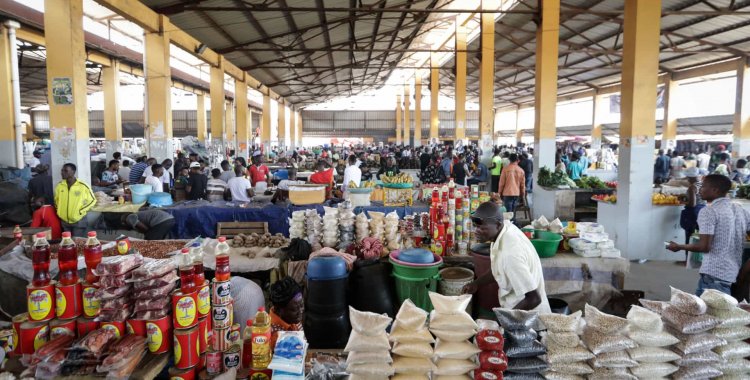"Although the kwanza has stabilized at 650 kwanza to the dollar in the last month due to high oil prices, the strong depreciation of recent years is still contributing to high inflation, and the implementation of VAT is also putting pressure on higher prices ", write NKC analysts, anticipating a slight rise in inflation this year to 22.8 percent.
In the comment on the evolution of prices in Angola, sent to clients and to which Lusa had access, the analysts of this African subsidiary of the British Oxford Economics point out that "the Angolan currency should continue to be vulnerable to the fragile recovery in world demand due to the new waves of covid-19 infections in developed countries despite progress with inoculation programs."
Last week, the National Bank of Angola (BNA) revised upwards inflation for 2021, expecting it to reach 19.5 percent by the end of the year against the 18.7 percent initially forecast, taking into account the supply shock. recorded in the first four months.
The information was released after the meeting of the Monetary Policy Committee of the BNA, on 10 June, at which the recent behavior and prospects of the main economic indicators were analyzed, bearing in mind the current development of the pandemic situation.
The BNA points to the "slow recovery" of the international economy, despite the progress of vaccination in several countries and the introduction of fiscal and monetary stimuli, as well as "inflationary pressures", originating on the supply side, at the national level.
The National Consumer Price Index recorded a variation of 1.78 and 2.09 percent in March and April 2021, respectively, taking the accumulated inflation to 7.65 percent and the year-on-year inflation to 24.82 percent in April .
"The increase in inflation was fundamentally due to the greater increase in the price variation of the food and non-alcoholic beverages class, reflecting the shock in the aggregate supply of food goods, justified by the reduction in domestic supply that was not sufficiently offset by imports", he explains the BNA in a note posted on its website.







